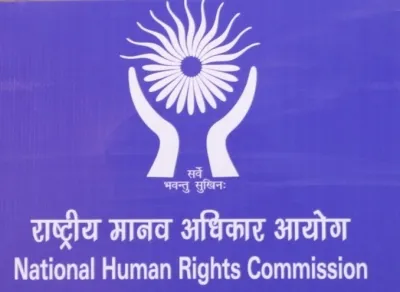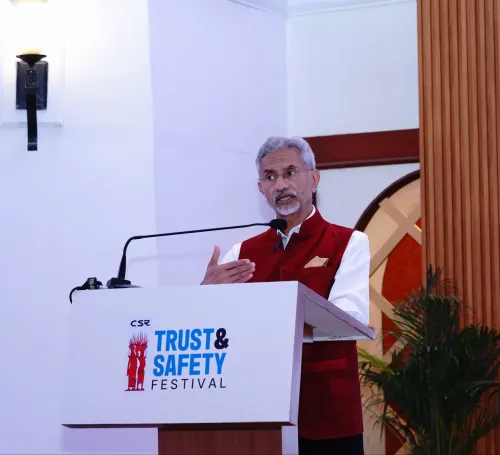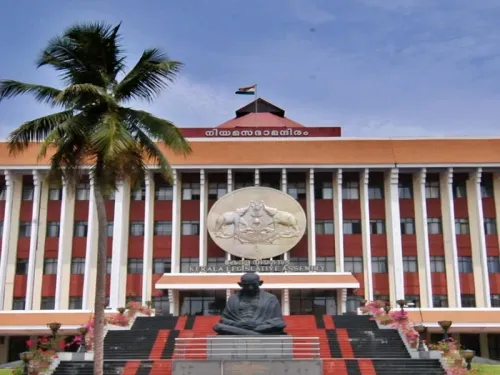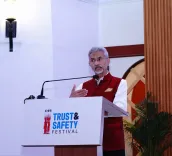Did NHRC Intervene After the Tragic Death of a 5-Year-Old in Hazaribagh's Residential School?

Synopsis
Key Takeaways
- NHRC has taken cognizance of a child's death.
- Reports indicate severe abuse by a teacher.
- Accused individuals are evading authorities.
- The incident raises significant human rights concerns.
- NHRC has requested a detailed report from officials.
New Delhi, Oct 6 (NationPress) The National Human Rights Commission (NHRC) has initiated suo motu cognizance following a media report regarding the tragic demise of a 5-year-old pupil at a residential school located in Hazaribagh, Jharkhand. The child reportedly succumbed to injuries allegedly caused by a teacher who had brutally beaten him.
According to reports, the brother of the deceased, who also attends the same school, revealed that the teacher assaulted his sibling after he refused to consume the food provided. The apex human rights body noted that the details of the news report, if accurate, highlight a grave concern regarding human rights violations.
The NHRC has dispatched notices to the Jharkhand Chief Secretary and the Superintendent of Police of Hazaribagh, demanding a comprehensive report on the situation within a two-week timeframe.
Media reports from September 25 indicate that both the accused teacher and the school manager are currently evading capture.
Both the deceased child and his brother were enrolled at the same residential institution, living in the hostel and attending separate classes.
According to the victim’s brother, the child frequently seemed withdrawn, expressing longing for their parents, and exhibited visible fear around teachers. He also noted that the victim had ceased eating. During this time, a female teacher allegedly reprimanded him and struck him with a stick. The assault reportedly led to the child collapsing and losing consciousness.
The brother added that the victim’s eyes remained open, yet he was unresponsive and showed no signs of life.
Established under the Protection of Human Rights Act, 1993, the NHRC is an autonomous statutory entity that embodies India's commitment to upholding and promoting human rights. Its primary function is to safeguard and advocate for human rights, which encompass the rights to life, liberty, equality, and dignity of individuals as guaranteed by the Constitution and enshrined in international agreements enforceable in Indian courts.
The apex human rights organization possesses the authority to act suo motu based on media reports, public knowledge, or other sources, without needing a formal complaint regarding human rights infringements.









